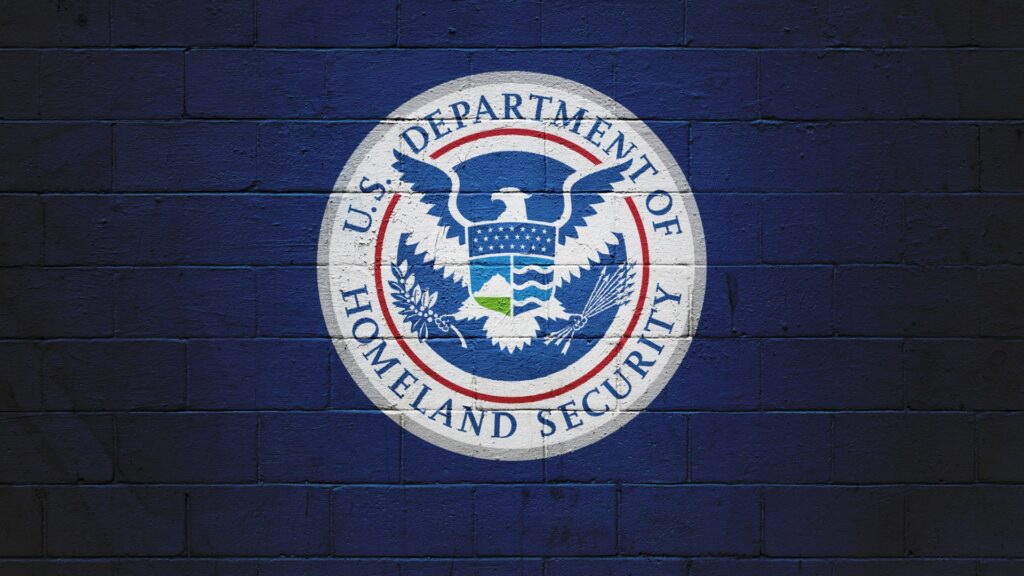Welcome to the Garfinkel Immigration news roundup, where every month we will summarize and provide links to the latest stories impacting U.S. immigration.
Below is the July 2023 edition of the Garfinkel Immigration news roundup:
Thought piece on immigration options for healthcare workers: Nonimmigrant visas, green cards, Conrad 30 waivers and more
Based on a white paper recently published by Colleen F. Molner, Esq., Partner, N.C. Board Certified Immigration Law Specialist.
The healthcare industry in the United States is in significant need of professional staff.
The United States is expected to face a shortfall of 37,800 to 124,000 doctors by 2034, according to a 2021 study conducted by the Association of American Medical Colleges, while the “total supply of RNs decreased by more than 100,000 from 2020 to 2021,” a study published in Health Affairs in early 2022 found.
There are many reasons for the shortages, including an increase in employees leaving the industry because of the effects of the COVID-19 pandemic, as well as a “significant segment of the nursing workforce reaching retirement age,” with more than a million RNs projected to retire by 2030, according to Health Affairs.
Yet, many barriers constrain foreign nationals seeking to work in the United States in the healthcare industry. Garfinkel Immigration Law Firm’s latest white paper explores nonimmigrant work visa options, Conrad 30 waivers and the green card process for healthcare workers as well as potential legislative solutions to address the current shortfall.
Read the full Garfinkel Immigration white paper here.
Nonimmigrant work visa options for educators
Nonimmigrant visas are temporary in nature, with defined periods of validity. They are employer-specific and may be position-specific and location-specific, as well.
There are multiple nonimmigrant work visa options available for teachers, professors, lecturers and/or researchers at colleges and universities as well as primary and secondary public, private and charter schools.
The most common nonimmigrant options for educators include H-1B, J-1 and O-1 visas.
Find out more via Garfinkel Immigration Law Firm here.
Remote work verification allowed for new hires per DHS rule
United States Citizenship and Immigration Services (USCIS) is set to publish a revised version of the Form I-9, Employment Eligibility Verification, the organization announced earlier this month.
Simultaneously, the Department of Homeland Security (DHS) also “published an accompanying document” in the Federal Register which “provides an alternative for certain employers to remotely examine Form I-9 documents, instead of the current requirement to examine documents in-person.”
“To participate in the remote examination of Form I-9 documents under the DHS-authorized alternative procedure, employers must be enrolled in E-Verify, examine and retain copies of all documents, conduct a live video interaction with the employee, and create an E-Verify case if the employee is a new hire,” a press release from USCIS read.
The Form I-9 requires employers to review and record data from the individual’s original identity and employment authorization document(s) and assess whether those documents appear to be genuine and relate to the individual presenting them.
Find out more via Bloomberg Law here.
Canada recruits high-skilled foreigners in U.S. – and gets 10,000 applications
This piece from The Guardian details the launch of Canada’s new initiative which allows U.S. H-1B visa holders to receive a “streamlined work permit” in Canada.
The program launched earlier this month and reached its 10,000-visa quota within two days, a spokesperson for Canada’s immigration minister told The Guardian.
The spokesperson also told The Guardian the “program was a trial run, and that the minister would now consider next steps.”
The permit issued through the program will be valid for up to three years and authorizes the individual to work for “almost any employer anywhere” in Canada. The H-1B visa holder’s spouse and dependents are also eligible to apply for a “temporary resident visa” in Canada, which includes a work or study permit.
Read the full story from the Guardian here.
Immigration agency adds new STEM OPT fields for students
This story, written by Forbes Senior Contributor Stuart Anderson, explains the eight new fields of study added to the Department of Homeland Security (DHS) STEM Designated Degree Program List.
“The list determines which degrees are eligible for international students in F-1 status to qualify for a 24-month extension of Optional Practical Training in a STEM field. OPT allows for 12 months of practical training,” Anderson writes.
The eight fields of study added to the STEM Designated Degree Program List include (via Forbes):
- Landscape Architecture
- Institutional Research
- Mechatronics, Robotics, and Automation Engineering Technology/Technician
- Composite Materials Technology/Technician
- Linguistics and Computer Science
- Developmental and Adolescent Psychology
- Geospatial Intelligence
- Demography and Population Studies

